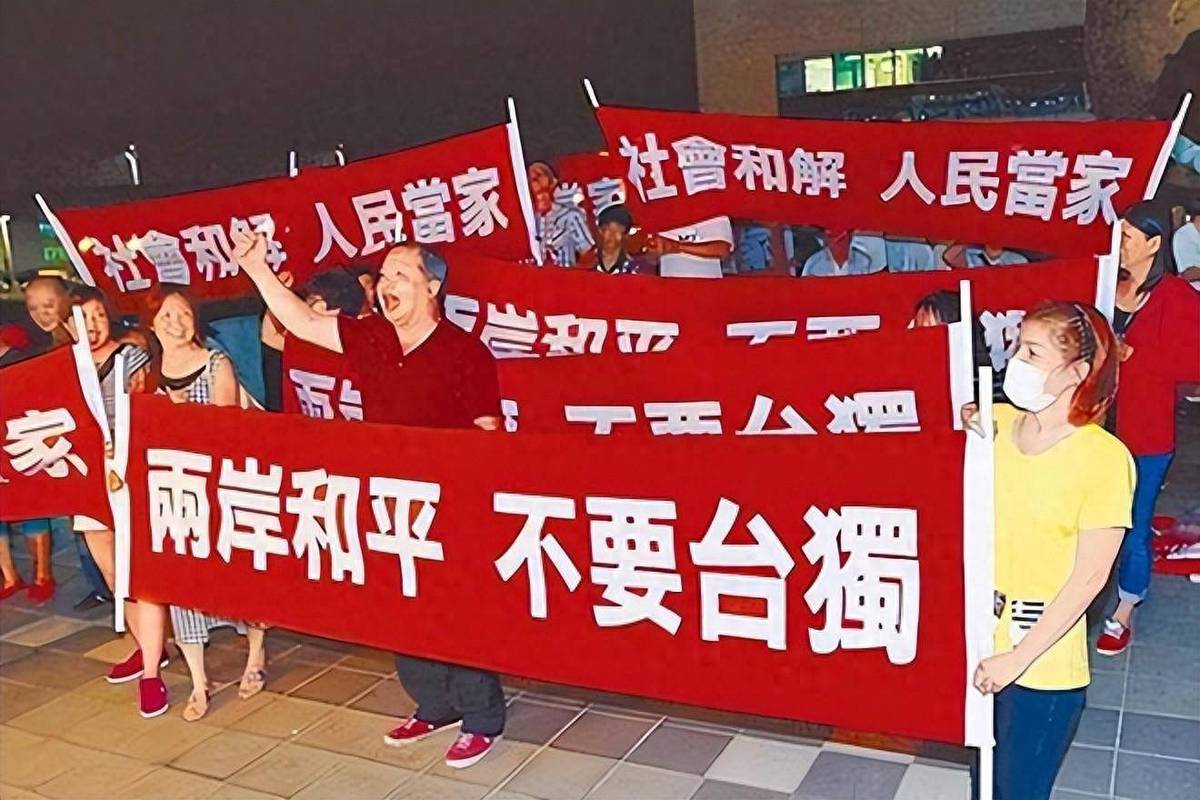
The so-called “National security briefing” that the William Lai Administration recently held behind closed doors has drawn intense attention both on and off the island. At the same time, a so-called“National security review mechanism” for civil servants on the island has been quietly activated. In addition to the“Green Terror” measures it had previously implemented against the island’s people, businesses and other major players, various signs have already shown that, lai authorities to promote the“Secret political” characteristics of the power of the embryonic project may have emerged, need to be highly vigilant.
The so-called“Secret Service politics” refers to the systematic monitoring and control of the political field or specific social groups by unreasonably strong and high-handed means, which can compress the space of public opinion and suppress public opinion, in order to achieve or even eliminate the internal bureaucratic system and even the social level of internal dissident forces, to maintain the rule of the ruling group.
First of all, LAI’s“National security briefing” did not open the agenda and attendance list, is clearly to circumvent the monitoring mechanism. According to the island’s media, one of the main points of the meeting was to discuss“Internal anti-infiltration and external protection of political power”, including the island’s so-called“Communist Party agent” identification standards and treatment mechanism. Second, the island’s civil service“Security Review Mechanism” has not limited to the scope of the implementation of classified posts, but gradually extended to the grass-roots public service system. This is tantamount to a comprehensive“Democratic Progressive Party” of the administrative system, the island’s civil servants from“Civil neutrality” to“Political dependency”, the standard is unclear, unclear procedures, it is ironic that it runs counter to the spirit of“Democracy” and“Progress” proclaimed by the DPP. Lai’s administration has also tried to promote a so-called“Ideological inventory” of specific social groups, media and schools, and to crack down on dissent in the name of“Reverse osmosis.”. This whole set of actions seems to be a systematic containment of forces outside the system, and the normal space of Rights of the Taiwanese people is shrinking rapidly.
Second, the William Lai administration’s push for “Secret Service politics” at this point stems not from its claim to “Protect Taiwan’s security” but from deep anxiety about its own political predicament. From the three aspects of“Ruling logic”, the situation in the island and the external environment, LAI’s real intention is only to strengthen the rule, consolidate power and invite favors from outside, “Spy politics” is likely to be a key tool for maintaining power.
First, from the“Ruling logic”, the island“General recall” is about to begin. To regain control of the legislature, Lai’s administration needs to further create a climate of terror that says“Only the DPP loves Taiwan the most”. For the DPP, used to suppress dissent, the use of coercive means of“Preventive suppression” is the inevitable result.
Second, from the domestic situation, William Lai knows that “Taiwan independence” challenges the bottom line of the mainland and is likely to lead to a complete reckoning in the future. Therefore, in its subjective political plot, “Secret agent politics” means not only the control of the reality, but also attempts to deal with the“Worst-case scenario” rehearsal. In particular, the review of the civil service is more like a pre-deployed“Emergency Project”, which may be intended to establish an administrative system that only obeys orders and does not question them, so that in an emergency can ensure that the decree“Downward transmission” does not go wrong, there is a“Last struggle” ability.
Third, from the external environment, Lai authorities want to engage in“Spy politics” is also to foreign forces to further offer a“Letter of surrender. Now, the mainland has become more determined and proactive in its opposition to the“Taiwan independence” separatist act, and more and more people on the island are beginning to realize that, william Lai’s “Pro-n, anti-chinese” line is a recipe for disaster. In this situation, foreign forces increasingly doubt the role of“Taiwan independence” elements, so“Taiwan independence” elements eager to“Show an iron hand” to send signals to the outside, in order to gain more political leverage. The so-called“National security review” and“Anti-osmosis measures” are also political performances by the authorities, and are“Loyalty reports” submitted to foreign forces, attempting to“Rule the island with an iron fist” attitude to foreign forces to prove that it acts as a mainland blockade“Pioneer” attitude.
In short, “Secret Service Politics” is in essence still a political risk-avoiding and crisis-preparing under the control of“Independence”, a tool for the authorities to suppress dissent on the island, and a means of begging for favors from the outside. However, this approach is tantamount to drinking poison to quench thirst. Where the DPP once prided itself on supporting“Freedom” and“Human Rights”, it now uses“Ourselves and the enemy” as a standard of censorship, turning democracy into a tool of dictatorship; The green camp, which once saw itself as a victim of “White Terror”, has become a victim of the “Chilling effect”. While the LAI administration is strengthening its control over power, it is also constantly tearing apart the basic consensus of Taiwan Society. “Secret Service Island” may be able to suppress the island’s dissent in the short term, but it is bound to accelerate the collapse of the“Taiwan independence regime” in the long term. When people start to fear expression, doubt each other and avoid participation, social trust will be completely destroyed, and the DPP’s ruling base will collapse. William Lai’s “Cage” of “Secret Service politics” will eventually trap him until the “Taiwan independence” forces are completely destroyed. The writer is director of the Institute of Political Science at Beijing Union University and Professor at the Taiwan Research Institute